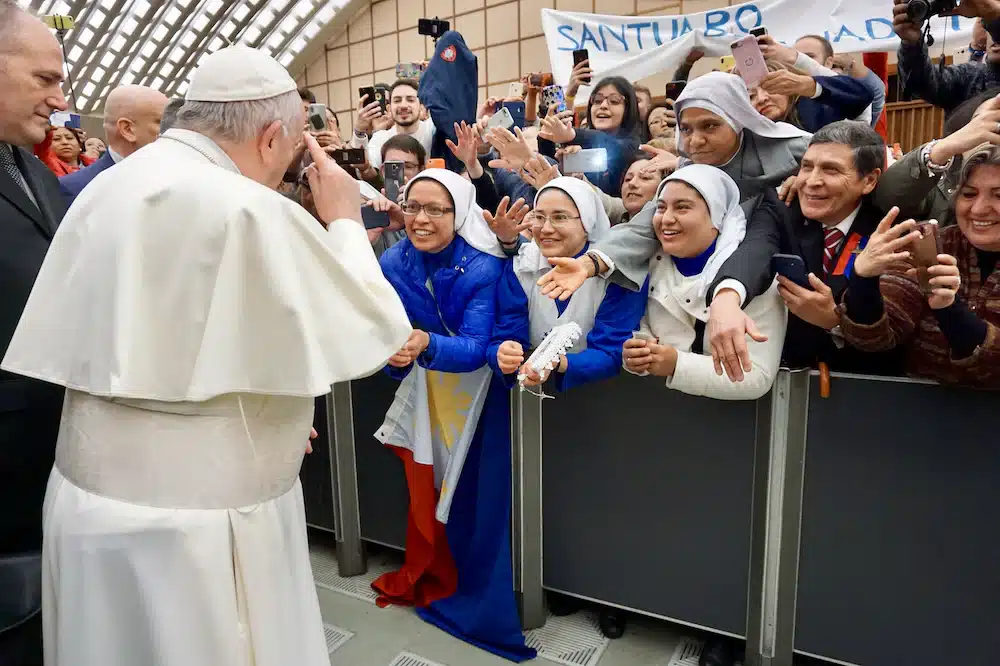Pope Francis has chosen “Free to choose whether to migrate or to stay” as the theme for the 109th World Day of Migrants and Refugees, to be celebrated on 24 September.
The Day is observed every year on the last Sunday of September as an occasion to express support and concern for people who are forced to flee their homes, to encourage Catholics worldwide to remember and pray for those displaced by conflict and persecution, and increase awareness about the opportunities that migration offers. It was first celebrated in 1914.
The right not to migrate precedes that of migrating
This year’s theme, explains a communiqué issued by the Dicastery for Promoting Integral Human Development, is an invitation to reflect on a right that has not yet been codified by international law: the right “to be able to remain in one’s homeland”.
This right precedes and is broader than the right to migrate: “It includes the possibility of sharing in the common good, the right to live in dignity and to have access to sustainable development”, the communiqué explains. “All of these rights should be effectively guaranteed in the nations of origin through a real exercise of shared responsibility on the part of the international community”.

Addressing the causes of modern migrations
This point had already been highlighted both by Pope Benedict XVI and Pope St. John Paul II. In his last Message for the 99th World Day of Migrants and Refugees in 2013, the late German Pope remarked that, while the “right of persons to migrate is numbered among the fundamental human rights, allowing persons to settle wherever they consider best for the realization of their abilities, aspirations and plans”, in the current social and political context “even before the right to migrate, there is need to reaffirm the right not to emigrate, that is, to remain in one’s homeland”.
He recalled St. John Paul II’s words who in 1998 stated that: “It is a basic human right to live in one’s own country. However, this right becomes effective only if the factors that urge people to emigrate are constantly kept under control.”
The fact that many people are forced to migrate, therefore, calls for a careful consideration of the causes of contemporary migration.
Resources
As every year, the Dicastery for Promoting Integral Human Development will carry out a communication campaign aimed at promoting a deeper understanding of this year’s theme through multimedia aids, informational material, and theological reflections.
Source: Vatican News
